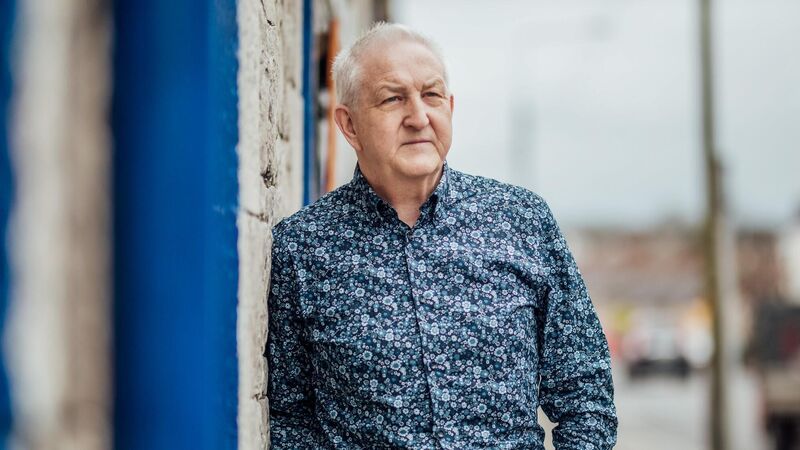Life with aphasia: 'My language went completely'

Martin Quinn who has aphasia at home in Tipperary town.
Martin Quinn was being interviewed on live radio when suddenly he couldn't answer the questions he was being asked. “I knew what I wanted to say but something prevented me from getting the words out,” he says.
He had had a stroke. Two more were to follow.








